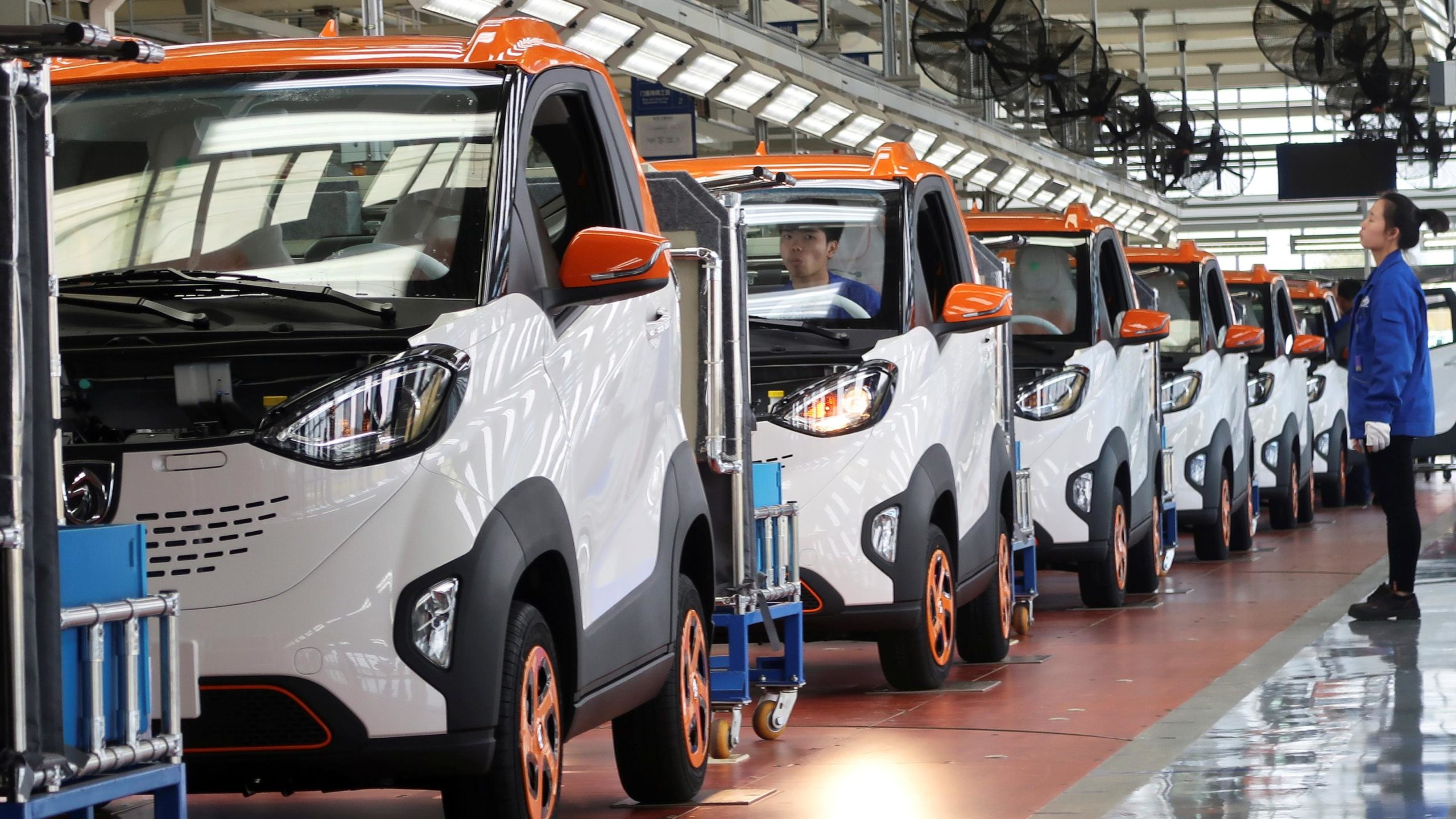Investors, take note: In emerging markets (EM), many companies are now at the forefront of change. In today’s EM, there is a rapidly growing middle class and an increasingly diversified mix of industries, including robust service sectors. EM companies are fueling innovation, generating new sources of profit, and creating a more diverse profile of sustainable business growth. What an enormous change from a quarter century ago, when many EM economies were driven by raw materials exports, making them prone to volatile commodity markets.
One of the most significant lessons investors are assimilating from the past eighteen months is the acceleration of sustainability-oriented trends. The pandemic forced us to rethink how we work, live, consume, and conduct business, and to become more aware of climate impacts and social inequality.
EM companies are rising to embrace the opportunities embedded in the widespread commitments to carbon neutrality announced in Europe, Japan, China, and South Korea. Combined with EM’s faster economic growth relative to developed markets, ESG investing in emerging markets offers investors opportunities not only for corporate governance risk mitigation but increasingly for alpha generation through the emergence of new sustainability leaders.
Recovery programs in emerging markets are increasingly sustainability-focused. As the world recovers from the pandemic-induced recession, climate policy has come to the fore, with many EM countries moving quickly to align government stimulus with a sustainable economic recovery.
South Korea announced its Green New Deal in April 2020, just as the rest of the world was starting to grapple with the pandemic. The country announced that it would invest 4% of its GDP through 2025 in green remodeling of public facilities, renewable energy production, and eco-friendly vehicles. Through this effort to transition towards a more sustainable industrial ecosystem, South Korea expects to create a total of 659,000 new jobs, boosting employment by 2.5%.
South Korea is not alone. China announced ambitious carbon-neutral goals that will require significant investment in a low-carbon and more energy-efficient economy. Its most recent five-year-plan aims to have electric vehicles (EV) reach 20% of car sales and to increase non-fossil-fuel to 25% of its energy mix. Both goals suggest China will accelerate development of solar and wind power. At the same time, in a less supportive international trade environment, China will almost certainly look to tap the potential of its enormous domestic market and push for technological self-reliance—continuing to invest in “new infrastructure” such as 5G, cloud computing, ultra-high-voltage power grids, and renewable energy.
Consumption and technology are driving growth. In today’s EM economies, the more dynamic and fast-growing areas are precisely where strong ESG practices can add competitive advantages. For example, more sustainable forms of human capital management can be a key differentiator in sectors and industries such as financials, technology, and healthcare, where talent retention and employee motivation matter most.
In addition, those entering the middle classes are paying more attention to sustainability & ESG factors, just as emerging market middle-class consumption growth is projected to significantly outpace that of most advanced economies. The vast majority (an estimated 88%) of the next billion people entering the middle class will come from Asia.
These consumers and entrepreneurs are forming the foundation for dynamic economies and corporate ecosystems, from China and South Korea to Southeast Asia and Latin America. Taiwan’s Delta Electronics is one example—a global power management company well positioned to benefit from new demands driven by electric vehicles, data storage, and industrial automation. Thanks to the rise of technology and digitalization—the latter proving particularly effective at reducing the carbon footprint of the manufacturing supply chain—these EM-based, global suppliers are offering solutions for more sustainable and energy-efficient economies.
The disclosure gap is narrowing. While EM have long been viewed as ESG laggards compared to developed economies, recent developments driven by both regulators and investors suggest that is changing. Brazil and South Africa were some of the first stock exchanges to adopt ESG disclosure requirements, even before the US. More recently, the Chinese government has mandated new environmental disclosure for its 3,000 publicly listed companies. And financial conglomerate Ping An became the first asset owner in China to become a UN PRI signatory—an indicator of rising local investor voice.
ESG disclosures and practices have been improving in EM, with exponential growth in data coverage over the last decade. However, data quality is still evolving, and ESG data must be understood in context. Active ESG investors must continue to push the bar higher.
EM companies are becoming global sustainability leaders. Perhaps the best reason for investor optimism for emerging markets is the broadening of ESG research beyond traditional risk mitigation into an engine for identifying compelling investment opportunities.
Emerging markets are home to much EV and alternative energy innovation: China accounts for 70% of the global solar supply chain and half of global EV market share, and several EM companies, such as LG Chem in South Korea and BYD in China, are becoming global leaders in the EV supply chain. Increasingly, local companies are becoming leaders in inclusive finance by promoting economic mobility. For example, Brazil’s PagSeguro provides affordable, end-to-end digital payment solutions to micro-merchants historically underserved by banks.
Much remains uncertain for investors in the wake of the pandemic. But what is not in doubt is that the combination of strong domestic economic development, innovative global solutions leaders, and sustainability-seeking middle-class consumers have created an inflection point not only for traditional EM investors but for ESG investors as well.
Liz Su is a portfolio manager at Boston Common Asset Management.











